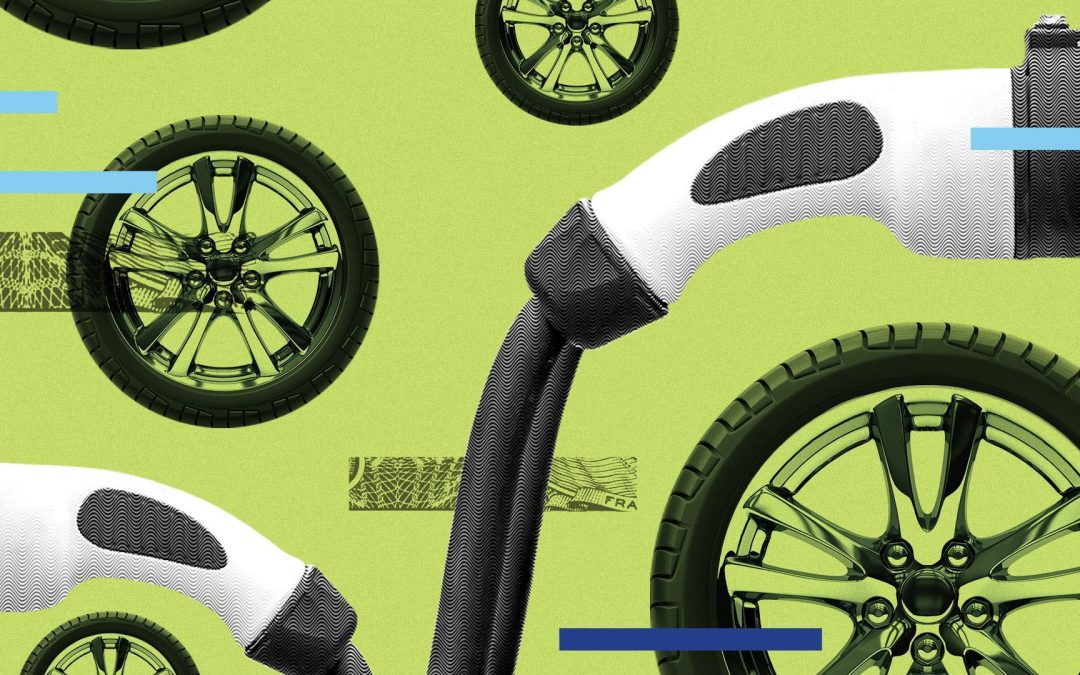The White House is tempting fate with its plan to implement strict, intricate legal mandates on EV material sourcing, Axios‘ Jael Holzman and Ben report.

The guidance “provides increased clarity and certainty to manufacturers,” a senior Treasury Department official told reporters.
Why it matters: The rules will determine how many models meet complex eligibility requirements for consumer subsidies of up to $7,500 per vehicle.
Yes, but: Risks abound, including political blowback from lawmakers who say team Biden isn’t doing enough to curb Chinese influence on the U.S. economy.

It also requires final vehicle assembly in North America and sets price limits — $80,000 for pickups and SUVs, $55,000 for sedans — on eligible vehicles.
Quick take: A few initial conclusions …


- Details on freezing out materials from a “foreign entity of concern” in eligible vehicles are TBD in a future regulatory process.


The bottom line: Officials hope the subsidies — alongside manufacturing incentives and other pro-EV programs — will boost deployment and curb reliance on China, a dominant player in battery materials.
- They acknowledge it initially cuts the number of vehicles eligible for credits in order to draw supply chains and manufacturing to the U.S.
- “However, we believe these requirements will significantly increase the number of vehicles made and sold in the U.S. over the next decade,” the Treasury official said.

